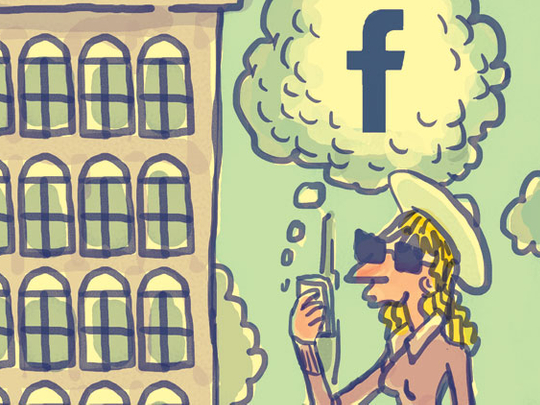
The UAE ranks only behind the US in terms of the use of Facebook on per capita terms. According to Socialbakers in their June 2014 social marketing report, the average number of Facebook fans for the top 10 brands in the UAE was 353,320.
This does sound pretty good (on the face of it), but what price such “fan-dom”? And what value do all these fans really add to the business?
The hospitality sector did not feature in the Socialbakers’ Top 5 industries (by sum of Facebook fans) which is perhaps surprising given the size and impact of the sector, and especially Dubai, where the market is growing with rising numbers of visitors, a strong pipeline of new properties with greater depth across segments from budget to 5-star. And take into account the bewildering array of F & B options (there are 5,593 restaurants in Dubai, according to TripAdvisor).
All of this leads to very high levels of competition between hotels and F&B outlets and social media is a vital marketing channel. Hotel rooms are full and rates are healthy, so where does the additional revenue growth come from?
Facebook should be more than just a pretty ‘face’ for a hospitality brand or a passive ‘book’ which someone casually picks up, puts down and reads occasionally. Liking and following are fine for casual users, but how do you convert these not-so-close friends into interactive, engaged consumers actively transacting with you online?
All the ingredients for success are here.
The Dubai hospitality scene is unique because of its very high concentration of hospitality activity, a young and affluent population, high tourism levels and mobile phone penetration. So it is uniquely positioned to put itself at the cutting edge of hospitality-led social media/digital marketing.
In some ways, it is. Facebook is a great example — but there is something missing.
Hospitality brands have to go to where their consumers are. In a young, mobile, connected and dynamic place like Dubai, this inevitably means Facebook — why fight it?
But Facebook needs a trigger — and the trigger is a dedicated Facebook app, creating the link between FB and the hospitality brand, which gives the relationship a new and interactive context, with added stimulation, opportunity and reward for Facebook users as they morph into consumers.
The trick is that the app creates the bridge between a casual user and an interactive engaged consumer, booking and transacting online and driving hospitality revenues.
More than ever, the FB app is helping hoteliers get closer to customers, understand them better, reward them more appropriately and generate data. It becomes a hard-working tool driving transactions and building the marketing intelligence on your most important asset — paying customers.
Dubai’s unique hospitality sector has created the perfect incubator for social media activations — the perfect social media lab for ‘social hospitality’.
Sounds far-fetched? Think again.
It may be surprising how so-called advanced hospitality markets (think Las Vegas) have not yet grabbed the opportunity and exploited the potential of social media channels such as FB to drive F & B and other hospitality revenues.
But we know that it’s happening here in Dubai.
The trick is that hospitality Facebook apps must deliver real benefits, such as room and restaurant reservations, check-in and promotions that create a ‘digital handshake’ with the hotel booking engine and start a rewarding customer journey.
The app takes the customer from FB to the client’s system and booking engine, and data can be transferred and stored, then used to build personal profiles, preferences and customer behaviour and a level of knowledge (depending on the user’s FB privacy settings) that can help drive the relationship into the future with more rewards, from brunches to spa sessions.
With this new consumer knowledge, hoteliers can build their CRM databases and run flash campaigns to very specific demographics, based on the intimacy that they are building with consumers through the knowledge and data acquired. They can at the same time bypass booking intermediaries that may dilute relationships and revenues.
For hotel marketing teams, FB becomes a trusted relationship-building platform and a more intimate context for customers. It offers more control than mainstream paid-media channels, is relatively low-cost and low-risk because of the generally positive relationship between hospitality and consumers. (A room or F & B promo is never as intrusive or unwelcome as an unsolicited offer for an irrelevant insurance, banking or telecom service sent multiple times.)
The Dubai hospitality sector really is ahead of the game in many ways and we are actually beginning to export our best practices to other markets.
Viva Las Vegas?
CREDIT: The writer is the CEO of Dubai-based Nexa, an integrated digital marketing agency.












